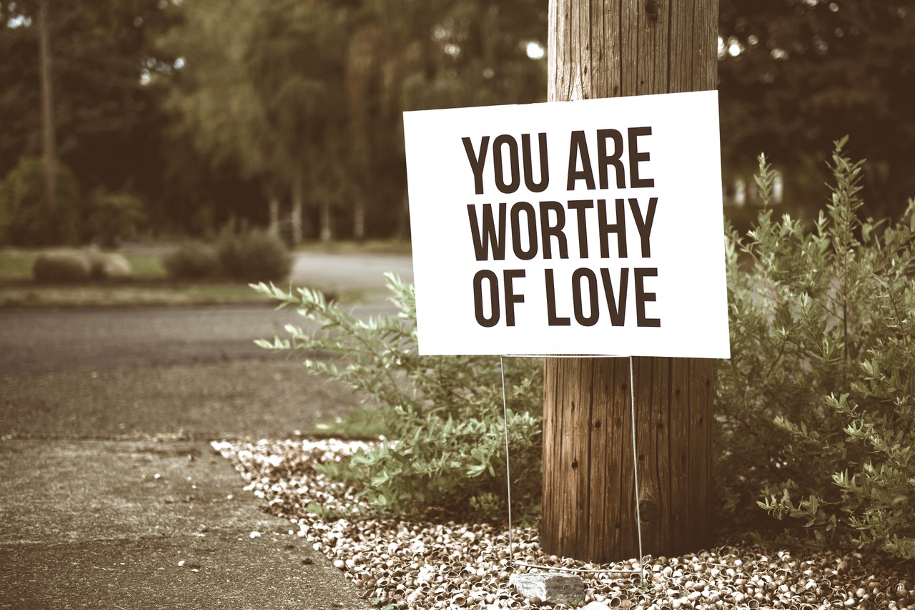Recognising the Four Fs in self-care
By Danuta Lipinska
Buying a few minutes' peace
First of all, thank you seems inadequate to express how we feel about what how you are working and caring throughout these immensely challenging times. You have our deepest appreciation and lifelong gratitude. We are thinking about you and wondering if some practical bits might be useful.
Working in care and supporting the most vulnerable women and men in our world, you have probably had to manage a quarantine of some kind before. Maybe more times than the average person. Following a detailed protocol is not alien to you – as it is for me and for so many others. Was it Scabies, or Norovirus? Something else?
You know what it feels like when relatives have had to stay away and you know really well how to clean stuff. And you know how to prevent infection. And you also know how to care beautifully for those at the end of life and how to support a dear person and their family as they prepare for and then leave this life. One of the many, many things that make this experience of caring so very different, is that we have little or no control over what comes next, or when it will end.
The lives that are ending may feel premature, preventable. The partners and relatives, faith leaders are not at the bedside.
Questions like What will tomorrow bring? Who will become unwell next? Who is not going to come in to work? Where will our PPE come from? Who is going to supply our food? These are always with you. We may not know the answers, or how to solve the problems and not knowing creates anxiety and stress. Those are normal, human reactions.


Photo by Javier Esteban on Unsplash
THE FOUR Fs
Let’s remind ourselves and acknowledge that our human responses to threat (and this is a really BIG one!) are The FOUR Fs:
Fight
Flight
Freeze
Follow
We can do all or some of these things all of the time or some of the time, or just one, over and over. If it isn’t meeting our need to feel safer and less threatened, we move into another response(s).
What you need and what works for you will be unique in your situation. Usually, these responses just ‘kick in’ and we may not be consciously aware of them until we stop and pay attention.
In Part Two (Tackling the Four Fs) you will find some useful techniques that you might like to try. They may sound REALLY simple, but at REAL COMMUNICATION WORKS, we recognise what works some of the time, for some people. And that might be the simplest of things that we can all share.
You are doing the best that you can in extreme situations. When you narrow it all down, there is a way forward. It will not resolve the pandemic. It will not create a vaccine. But it may buy you a few minutes of peace. That’s a few minutes more than you might have had before. And that might just help you take care of YOU.
About Danuta Lipinska
A passionate specialist in the understanding and care of any older person and those with dementia, successful author, counsellor, supervisor, Action Learning facilitator, trainer and International speaker.

